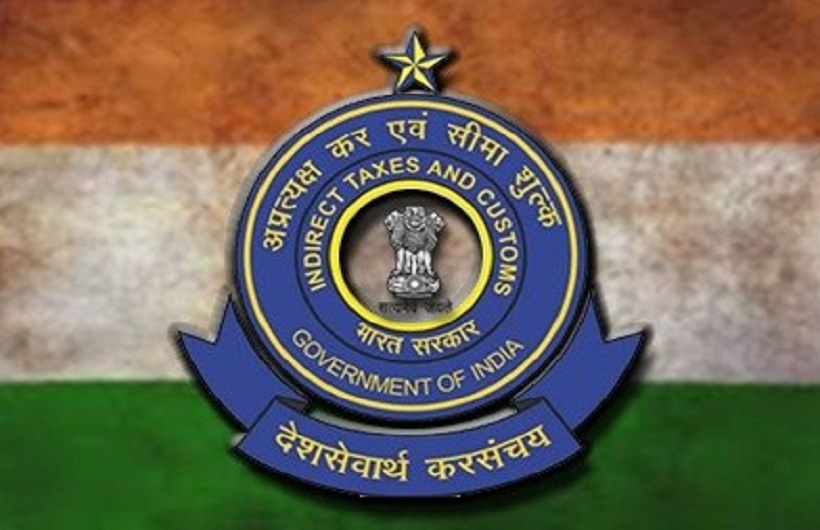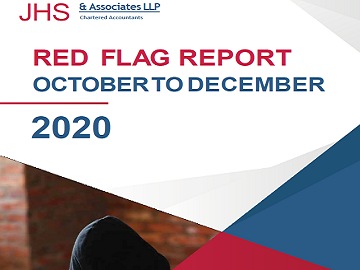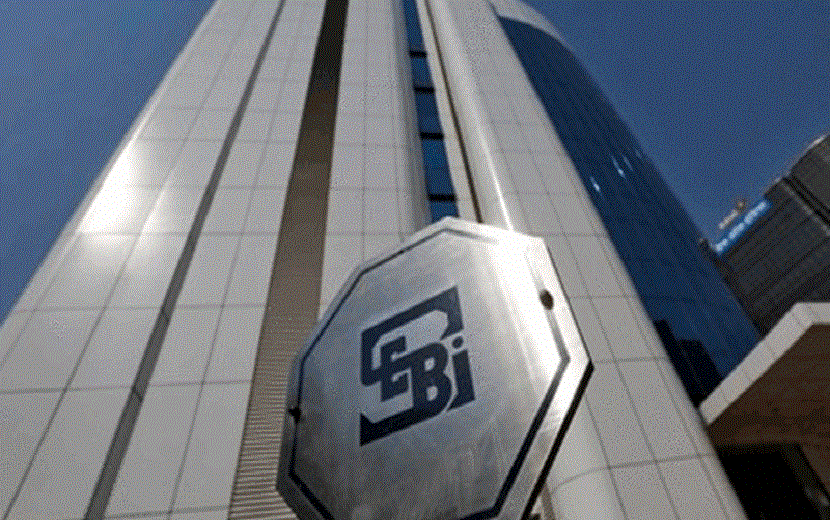Reference: Central Board of Indirect Taxes and Customs
Update:
Advisory for taxpayers for uploading multiple invoices/ credit/ debit notes in the supporting documents with refund application (RFD-01):
“Government has made some changes in the forms of Annual Return (GSTR-9) and the Reconciliation Statement (GSTR-9C) vide Notification No. 56/2019 dated 14.11.2019. Accordingly, the changes in the application software and the offline tools are likely to be made available by 10th Dec. 2019.”
Reference: Ministry of Corporate Affairs
Update:
Extension of the last date of filing of Form NFRA-2-reg.
The Ministry of Corporate Affairs has extended the time limit for filing Form NFRA-2 by stating that the time limit for filing Form NFRA-2 will be 90 days from the date of deployment of this form on the website of National Financial Reporting Authority NFRA).
Implication:
Last date for filing Form NFRA 2 shall be 90 days from the date of deplyoment of said notice on website of NFRA
Update:
Relaxation of additional fees and extension of last date in filing of forms MGT-7 (Annual Return) and AOC-4 (Financial Statement) under the Companies Act, 2013- UT of J&K and UT of Ladakh:
Due to disturbances in internet services the normal work was affected in the Union Territory of Jammu and Kashmir and Union Territory of Ladakh, MCA has decided to extend time limit for filing of financial statements for the financial year ended 31.03.2019. Therefore, MCA has extended the due date for filing of e-forms AOC-4, AOC-4 (CFS) AOC-4 XBRL and e-form MGT-7 upto 31.01.2020, for companies having jurisdiction in the UT of J&K and UT of Ladakh without levy of additional fee.
Implication:
Last date for filing annual returns for the companies having jurisdiction in the Union Territory of Jammu and Kashmir and Union Territory of Ladakh will be 31st January 2020
Update:
Extension of last date of filing of Form PAS-6
MCA has extended time limit for filing Form PAS-6 without additional fees for the half-year ended on 30.09.2019 by sixty days from the date of deployment of this form on the website of the MCA.
Implication:
Last date for filling FORM PAS- 6 will be 25th January 2020.
Reference: Securities and Exchange board of India
Update:
Sebi issues guidelines for preferential issue by listed REITs:
SEBI on 27th November 2019 has issued guidelines for preferential issue of units and institutional placement of units by a listed Real Estate Investment Trust (REITs).
As per said guidelines a listed REIT may make a preferential issue of units or an institutional placement of units under these guidelines, if it has been listed for a minimum of 12 months.
The REIT has obtained in-principle approval of the stock exchanges for listing of units proposed to be issued under these guidelines, and the REIT is in compliance with all the conditions for continuous listing.
SEBI also prescribed that none of the respective promoters or partners or directors of the sponsor or manager or trustee of the REIT should be a fugitive economic offender.
It also said the REIT will not make any subsequent institutional placement until the expiry of 6 months from the date of the prior institutional placement made pursuant to one or more special resolutions.
Any offer or allotment through private placement shall not be made to more than 200 investors, excluding institutional investors, in a financial year.
Implication:
REIT may make a preferential issue of units or an institutional placement of units.
Update:
Sebi issues guidelines for preferential issue by listed InvITs:
SEBI has issued detailed framework for listed Infrastructure Investment Trusts (InvITs) to make preferential issue of units to institutional investors.
Preferential issues need to be completed within 12 months from the date of passing of the resolution by InvIT\’s unit holders.
The units in a preferential issue would be offered and allotted to a minimum of two investors and a maximum of 1,000 investors in a financial year.
The gap between preferential issue of units by InvITs should be six months, and allotment needs to be completed within 12 days.
The units to be issued in preferential issue shall be of same class or kind as the units issued in the initial offer by the InvIT.
Further, such units have been listed on a recognised stock exchange, having nationwide trading terminal for a period of at least six months prior to the date of issuance of notice to its unit holders for convening the meeting to approve the preferential issue.
Implication:
InvIT will have to appoint one or more registered intermediaries to carry out the obligations relating to the issue.
Reference: Employment Labour Laws
Update:
The Industrial Relations Code Bill, 2019
The Industrial Relations Code Bill, 2019 has been introduced in Lok Sabha by The Minister of State (I/C) for Labour and Employment Shri Santosh Kumar Gangwar.
The draft code on Industrial Relations has been prepared after amalgamating, simplifying and rationalizing the relevant provisions of following three Central Labour Acts viz:
The Trade Unions Act, 1926,
The Industrial Employment (Standing Orders) Act, 1946
The Industrial Disputes Act, 1947.
Benifits:
Setting up of two-member tribunal (in place of one member) introducing a concept that some of the important cases will be adjudicated jointly and the rest by a single member resulting speedier disposal of cases.
To impart flexibility to the exit provisions (relating to retrenchment etc.), for which, the threshold for prior approval of appropriate Government has been kept unchanged at 100 employees, but added a provision for changing ‘such number of employees’ through notification.
Implication:
The Bill aims to consolidate and amend the laws relating to trade unions, conditions of employment in industrial establishment or undertaking, investigation and settlement of industrial disputes.













